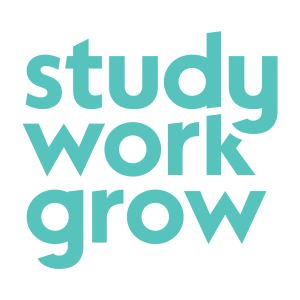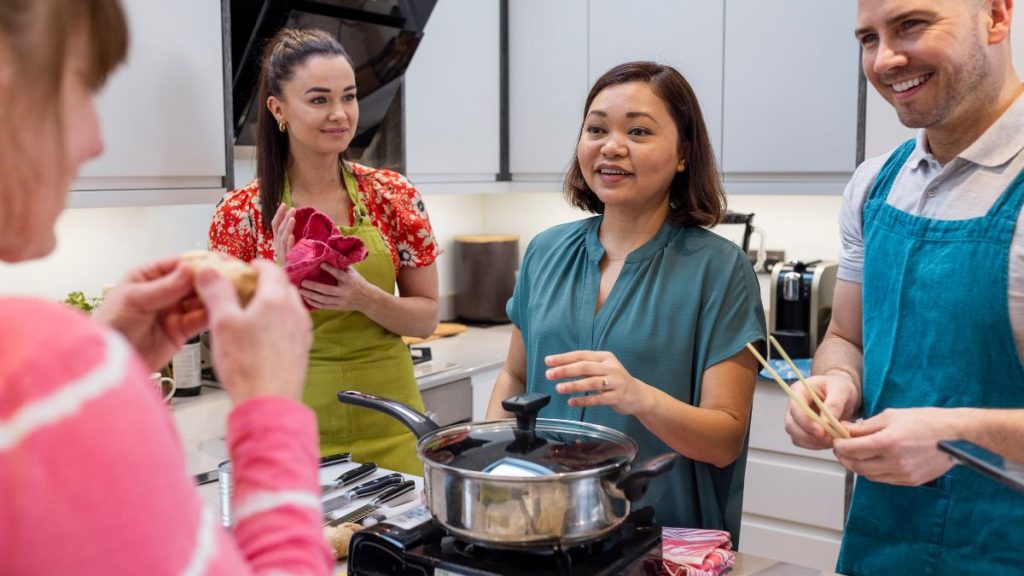School holidays are the perfect time to relax and recharge, but they’re also a great opportunity to build new skills that could help you in the future. Whether you’re thinking about university applications, preparing for work, or just want to try something new, here’s how you can make the most of your break without overwhelming yourself.
Why use your holidays for skill building?
While it might seem tempting to spend your entire break watching Netflix or gaming (and there’s definitely a place for that!), setting aside some time for skill development can:
- Give you something interesting to add to your resume
- Help you figure out what you enjoy doing
- Build confidence in your abilities
- Make you more prepared for life after school
- Give structure to your holidays
Skills worth building over the holidays
Not sure what skills to focus on? Here are some valuable options that could serve you well in the future:
Digital skills
We say it all the time, but tech skills really are more important than ever. Consider building some of these skills:
- Learn basic coding, which can be done through free platforms like Codecademy. Even if you don’t want to be a programmer, understanding how code works can help you in many future careers.
- Become familiar with common software like Microsoft Office or Google Workspace. These are essential tools in most workplaces, and knowing how to use them early can give you an edge when applying for jobs.
- Take an online course in digital marketing or social media management. Lots of businesses have an online presence, so these skills are becoming more valuable.
- Learn about cybersecurity basics. Understanding how to protect yourself and others online, whether at work or at home, is really important.
Life skills
No matter who you are or where your future might lead, these practical skills will always come in handy:
- Basic budgeting and money management. Start by tracking your spending for a week, or learn how to create a simple budget using a spreadsheet.
- Cooking and meal planning – begin with simple recipes and gradually work your way up to more complex dishes. Trust us, you’ll be thankful that you don’t have to eat instant noodles every night!
- Time management is always important. Practice creating schedules and to-do lists, and experiment with different productivity techniques like the Pomodoro method.
- Basic car maintenance. Learn how to change a tire, check oil levels, or jump-start a car. These skills can save you money (and stress) in the future
- First aid certification – many organisations offer holiday courses, and this looks great on your resume while potentially helping you save lives.
Creative skills
If these technical and practical skills don’t excite you, you might like to look into more creative skills instead, such as:
- Photography or video editing. You can start with your phone using free editing apps, then progress to more advanced equipment if you enjoy it.
- Graphic design – learn the basics of color theory and composition using free tools like Canva or GIMP.
- Creative writing might be up your alley. Start a blog, write short stories, or try your hand at poetry. This will improve your communication skills while also letting you express yourself.
- Music production – jump on YouTube and follow a tutorial to learn a new instrument, or explore free software like Audacity or GarageBand to create your own tracks.
- Drawing, either traditional or digital – start with basic sketching techniques and branch out into different styles and mediums until you find one you like.
How to get started
Now that you have a skill to aim for, all you need to do is start! But how? Here’s some advice to help you make the most of your holiday time.
Set realistic goals
Remember, you’re on holiday – you don’t need to become a master in the short time you have. Instead, pick one or two skills to focus on and set achievable goals. For example, instead of “become a professional photographer,” aim for “learn three new camera techniques.”
Create a flexible schedule
Balance is key during your break. Try dedicating specific times of your day or week to skill building while leaving plenty of time for relaxation and fun. Even just 30 minutes a day can make a difference.
Find free resources
You don’t need to spend money to learn new skills. Take advantage of:
- YouTube tutorials – there are countless channels dedicated to teaching everything from coding to cooking.
- Free online courses – platforms like Coursera and edX offer free access to university-level content.
- Local library resources – many libraries now offer online courses and digital resources in addition to books.
- Community workshops – check your local council or community center for free holiday programs.
- School holiday programs – many organisations run free or low-cost workshops specifically for students.
Make it fun
Learning new skills doesn’t have to feel like work, especially not when you’re meant to be enjoying some time off. Try:
- Learning with friends – create a study group or skill-sharing circle where everyone teaches something they’re good at.
- Setting up friendly competitions – challenge each other to keep learning or create projects.
- Rewarding yourself for reaching milestones – set up a reward system for when you reach a milestone.
- Sharing your progress on social media – document your journey and connect with others learning similar skills.
- Teaching others what you’ve learned – explaining concepts to others helps reinforce your own learning.
Keep track of your progress
Consider keeping a journal or digital portfolio of your skill-building journey. This can help you:
- See how far you’ve come
- Stay motivated when things get challenging
- Have something concrete to show future employers or educational institutions
- Identify areas where you might need more practice
- Feel proud of your achievements
Final thoughts
Whether you’re building your resume, preparing for further study, or just want to try something new, building skills during the school holidays can be both fun and rewarding. Just don’t forget to leave plenty of time for rest and relaxation too!
Want to explore more ways to prepare for your future? Check out our other blogs about building skills and planning for life after school.


